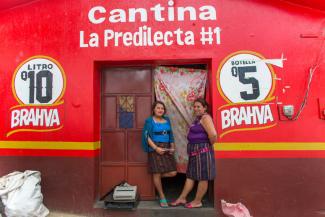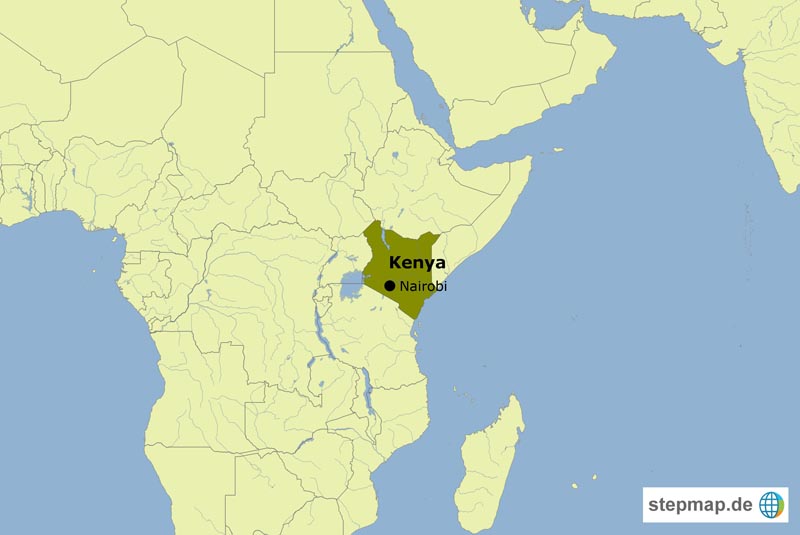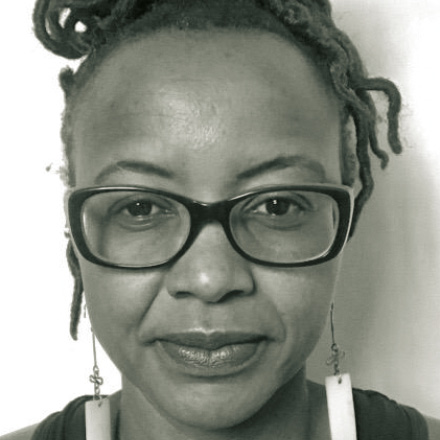Migration
Fight human trafficking

Ninety percent of the Bolivian women and youngsters who migrate to Argentina, Chile or Spain do so primarily because they want to improve their economic situation, but more than half of them cite domestic violence as the second main reason. That was reported by social worker Sandra Condori at the 4th Latin Americn Conference on Human Trafficking in La Paz. She herself migrated from Bolivia to Argentina 20 years ago and now works there helping fellow Bolivians.
Condori points out that many migrants fall victim to human traffickers. She warns of the dangers of generalisations, such as the cliché that all Bolivians who set up dressmaking workshops in Buenos Aires exploit their compatriots. But women who have suffered domestic violence are particularly at risk of being duped by human traffickers, she says. So she sees tackling intra-family violence as a major step in the prevention of human trafficking.
Jhoel Ibarra works for the non-governmental organisation CEADL, a member of the Bolivian Human Trafficking Observatory that has conducted studies on the issue in rural and border areas. Ibarra points to the connection between a patriarchal culture and trafficking in women. The phenomenon is particularly pronounced, he notes, in areas where natural resources are exploited, for instance in the mining and gas sectors. Those industries employ mostly men, and the women suffer the environmental impacts such as water shortage and disease.
Ibarra cites the case of Guaraní women who were affected by gas exploration in Chaco. Indigenous groups were been denied access to ancestral lands that used to provide their source of food. In the lack of alternative livelihoods, many Guaraní women ended up in prostitution. According to Ibarra, Guaraní women have now formed groups to fight for the return of their land, which, they argue, is key to regaining control over their body.
Ibarra says that political leaders must accept some of the blame for the situation because they prioritised profitable exploitation of natural resources over human development. He wants policy makers to do better.
Human-rights experts now consider the legal situation in Bolivia to be good, he says, and special services and institutions have been introduced to fight human trafficking. In his eyes, however, government agencies still lack staff and determination to enforce the law.
The Cochabamba-based NGO Infante leads the fight against intra-family violence and the commercial sexual exploitation of children. As Bolivian coordinator of the International Campaign against Child Trafficking (ICaCT), Infante was the first organisation to raise the issue of human trafficking in the country some 15 years ago.
Today, its director, Miguel Gonzalez, considers lack of professionalism a major problem. Training programmes for government agencies have proved ineffective, he says, because staff was transferred to other offices too often, sometimes even every three months. Transfers, moreover, were motivated by party politics, not by policy requirements.
The conference in La Paz revealed that there are many state and non-state initiatives to stem human trafficking, but they are insufficiently coordinated at national and international levels. One Argentinian participant called for a directory of Latin American countries with contact information, listing relevant partners’ topics and areas of activity. Such a directory could facilitate better cross-border cooperation.
Peter Strack













